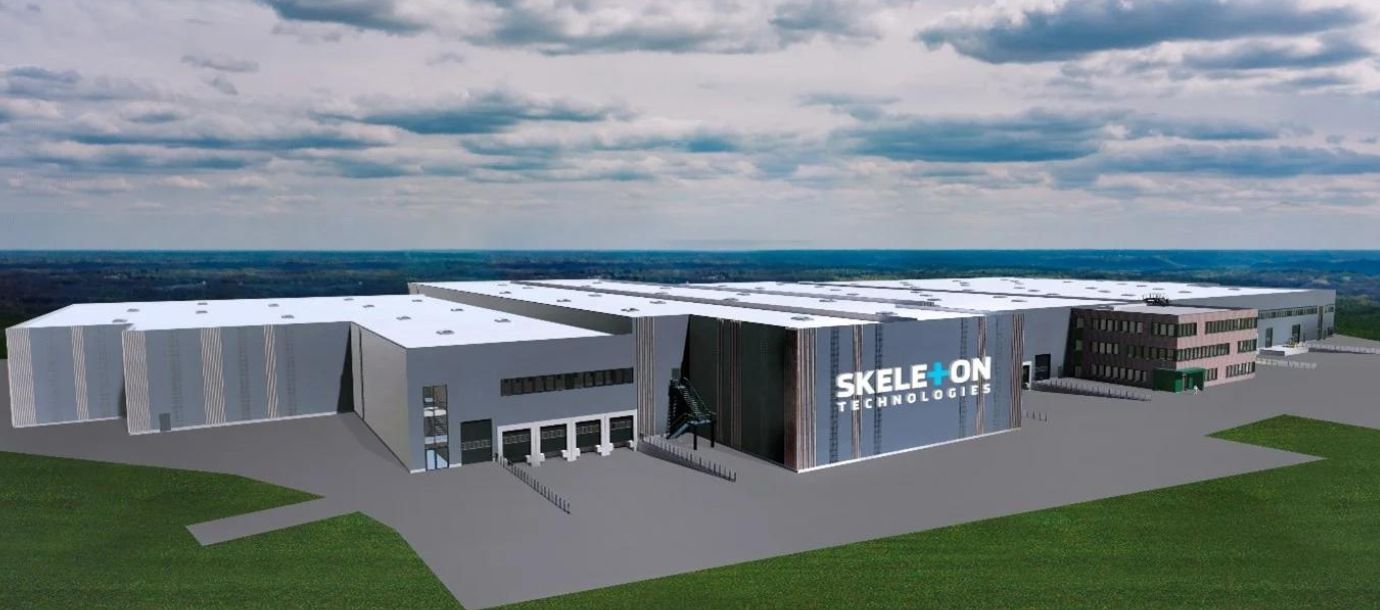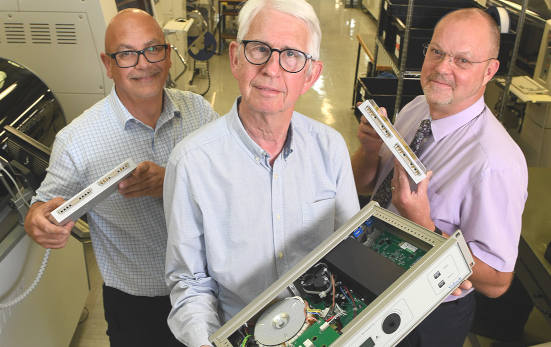
The factory will help to reduce production costs by around 90% in five years.
The collaboration aims to achieve the digitisation of Skeleton’s entire value chain – from supercapacitor cell design to production and services.
Siemens is supporting this with its Digital Enterprise portfolio as well as domain know-how in the area of industrial battery cell production.
Skeleton’s supercapacitors are used in automotive, transport, grid and industrial applications and allow to reduce CO2 emissions and save energy.
With the use of patented “curved graphene” material, Skeleton’s supercapacitors claim to offer the highest power density on the market, almost instant charging and discharging, high reliability, and l long lifetimes.
The Markranstädt factory is scheduled to start production in 2024 and produce up to twelve million cells a year.
It will be built in two phases, with the second one to be completed in 2025.
The factory will have forty times more output than Skeleton’s current production site in Großröhrsdorf, and 240 jobs are expected to be created.







